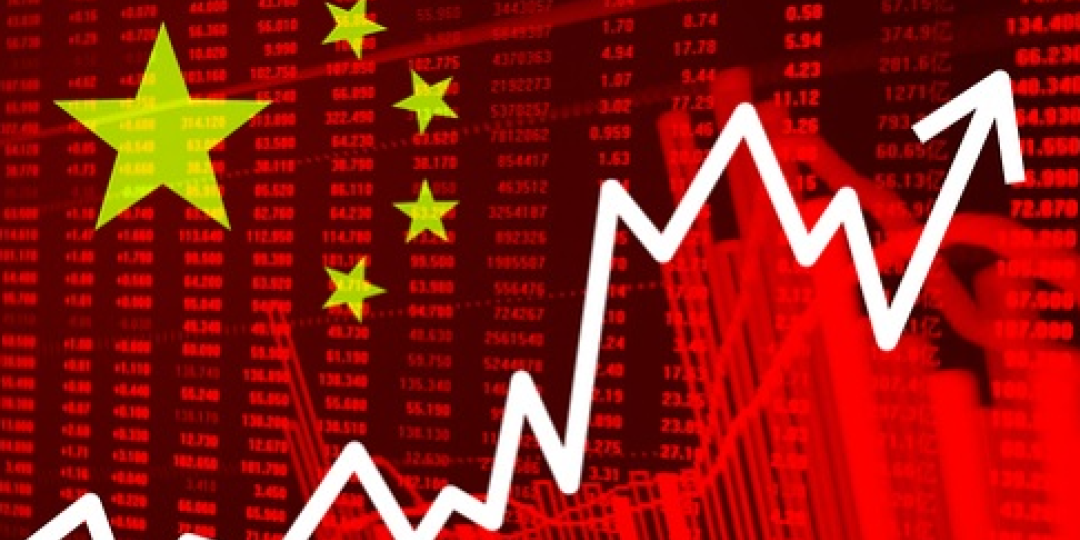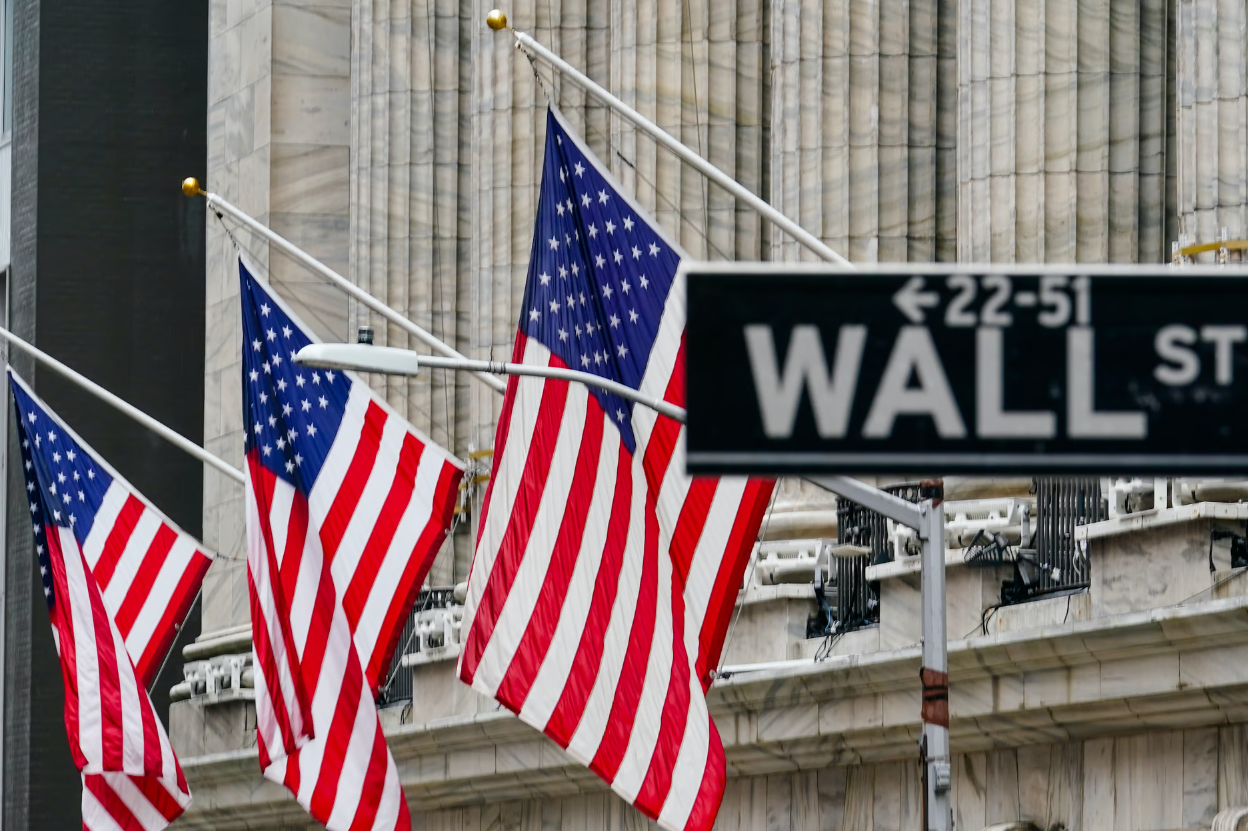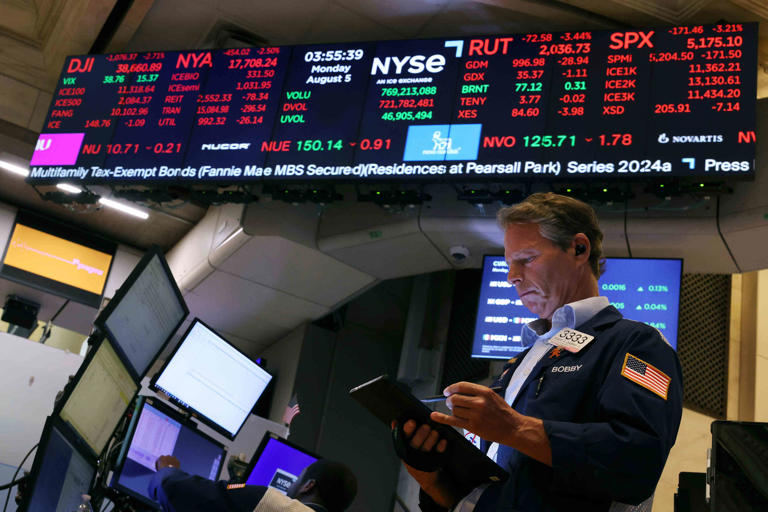Stephen Roach, Senior Fellow, Yale University
Dec 03, 2024
I saw nothing but denial in my recent post-US-election tour of Asia, with stops in Hong Kong, Shenzhen, Beijing, and Singapore. Taking a cue from surging global equity markets, Asians are making every effort to wish away problems at home and abroad.
Brian Wong, Assistant Professor in Philosophy and Fellow at Centre on Contemporary China and the World, HKU and Rhodes Scholar
Nov 29, 2024
The Trump administration’s blame-driven approach to U.S.-China relations fueled mutual losses and entrenched scapegoating of China for U.S. domestic issues. Ultimately, subnational diplomacy and pragmatic collaboration are essential for rebuilding constructive ties.

Christopher A. McNally, Professor of Political Economy, Chaminade University
Oct 25, 2024
China’s recent monetary stimulus measures initially boosted stock markets but quickly fell short of reviving domestic demand and investment. A "whatever it takes" approach with more forceful fiscal stimulus is essential to reset consumer and investor confidence.
Shang-Jin Wei, Professor, Finance and Economics at Columbia University
Oct 08, 2024
The timing of China’s new stimulus package is not coincidental. Arriving just before the 75th anniversary of the People’s Republic, the announcement was well-received by equity investors, leading to a surge of more than 15% in the country’s main stock indices.
Dong Yifan, Associate Research Fellow, Belt and Road Academy of Beijing Language and Culture University
Oct 08, 2024
Continued conflation of economic issues with geopolitical concerns may hinder Europe’s ability to reverse its gradual decline of influence within both emerging industries and the broader international economic landscape. Ultimately, it will squander its limited resources.
Dan Steinbock, Founder, Difference Group
Sep 21, 2024
The 2024 U.S. election is not just about democracy but about big media, big money and big defense. It is setting the stage for a new trade war and lethal geopolitics that could destabilize global economic prospects for years to come.
Zhou Xiaoming, Former Deputy Permanent Representative of China’s Mission to the UN Office in Geneva
Sep 11, 2024
The multilateral trading system faces an existential challenge as Washington and Brussels look to continue, or even boost, protectionism. With the very survival of the WTO at stake, the world should stand up to the challenge.
Zhou Xiaoming, Former Deputy Permanent Representative of China’s Mission to the UN Office in Geneva
Aug 23, 2024
The multilateral trading system faces an existential challenge as the United States and European Union seek to continue — or even expand — trade protectionism. If Donald Trump returns to the White House, there are good reasons to believe that he will try again to hijack the World Trade Organization. Meanwhile, protectionism by Europe only makes things worse.

Ma Xue, Associate Fellow, Institute of American Studies, China Institutes of Contemporary International Relations
Aug 23, 2024
The implications of recent stock market volatility in the United States, combined with slowing job growth and rising unemployment, are causing a panic and triggering discussions about an inflection point. The signs of a recession are rattling the market’s shared hope for a soft landing.

Yu Xiang, Senior Fellow, China Construction Bank Research Institute
Aug 16, 2024
Only through steadfast multilateral policy coordination and flexible, effective measures can global financial markets weather the storm safely and achieve stability and development.
Back to Top

- China-US Focus builds trust and understanding between the U.S. and China through open dialogue among thought leaders.
- Our Offerings
- Topics
- Videos
- Podcasts
- Columnists
- Research Reports
- Focus Digest
- Stay Connected
-
Thanks for signing up!
- Get the latest stories from China-US Focus weekly.